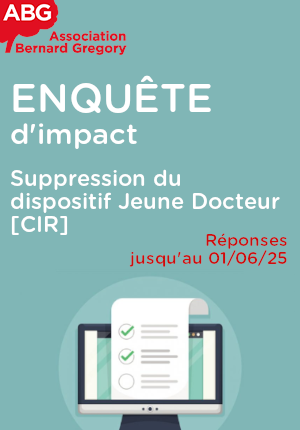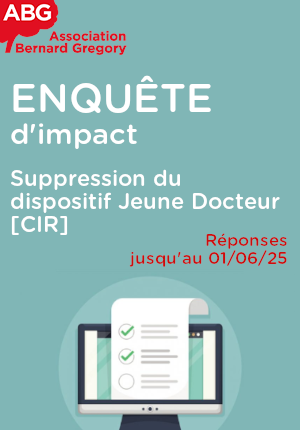Structure, stability, and mechanical properties of complex hybrid plant protein-polysaccharide gels
| ABG-131958 | Sujet de Thèse | |
| 14/05/2025 | Financement de l'Union européenne |
- Chimie
- Physique
Description du sujet
The Doctoral Network “Edible Soft Matter” (ESM), funded by the European Union in the frame of the Marie Sklodowska-Curie Actions (MSCA) funding programme is an international, interdisciplinary, and cross-sectoral network gathering leading experts in basic and applied soft matter and food sciences.
The objective of this 48-month project, starting from 1st March 2025 is to train and develop the employability of a new generation of young researchers, regulators, consultants and project leaders by providing them with a unique expertise in the design, production and quality assessment of innovative plant-based food products.
The consortium includes eleven Beneficiaries from seven countries (including three from the non- academic sector) who will each recruit at least one Doctoral Candidate and twelve Associated Partners (including four from the non-academic sector) with worldwide recognised and complementary expertise.
18 Doctoral Candidates will be recruited and trained in the frame of the ESM project. Through the implementation of an Individual Research Project (IRP) and the network-wide training activities, characterized by a strong involvement of the non-academic partners of the project, the Doctoral Candidates will develop the hard and soft skills needed to face the current challenges related to food and environmental transitions.
The ESM project is organised in seven work-packages (WP) including four research-based WP and three transversal WP dedicated respectively to Doctoral candidates training (WP5), Communication, dissemination & exploitation of the project results (WP6) and to Project management and coordination (WP7). The research-based WP unravel basic scientific questions to address the essential food-related research objectives: Plant-based Ingredients (WP1), Assemblies and Interactions (WP2), Multiscale Structuring (WP3) and Towards Innovative Manufactured Foods (WP4). The scientific objectives of the project will be achieved through the implementation of 18 Individual Research Projects (IRP).
IRP11: PhD Position in "Structure, stability, and mechanical properties of complex hybrid plant protein-polysaccharide gels"
Hive is Unilever’s global Foods Innovation Centre (UFIC) at the Wageningen Campus in the Netherlands, the Silicon Valley of Food. Hive is a home of around 500 employees, innovating on some of the world’s best loved food brands like Knorr, Hellmann’s and Unilever Food Solutions. UFIC conducts research and development on a broad range of food product formats. The research is conducted covers topics of formulation and processing of soft-condensed matter, colloids, and interface science of dispersions (e.g. suspensions, foams, emulsions) and their uses to control product functionality (i.e. appearance, taste, texture, stability, digestion).
Currently, we are looking for an early-stage researcher, a PhD candidate, to investigate structure, stability, and mechanical properties of complex hybrid plant protein-polysaccharide gels. The candidate will investigate Understand and control the microstructure of plant protein-polysaccharide gels comprising a second fat/lipid dispersed phase in relation to mechanical properties and stability, as a demonstrator for plant-based food systems. Experimental tools include combination of rheometry, including extensional rheology (University of Amsterdam), microscopy, including in situ microscopy and scattering.
Prise de fonction :
Nature du financement
Précisions sur le financement
Présentation établissement et labo d'accueil
Unilever Innovation Center Wageningen
Site web :
Etablissement délivrant le doctorat
Profil du candidat
The candidate should hold a Master’s degree in Physics, Physical-Chemistry, Colloids Science, Materials Science, or a related field and have a good background in Soft Matter Science. Prior knowledge of scattering and rheology and/or computer simulations will be a good asset.
A proven affinity or experience in using characterisation methods (CSLM, TEM, SEM), mechanical characterisation, rheological and scattering (SLS, DLS, SAXS) experimental techniques for characterisation of dispersion based soft condensed systems speaks strongly in your favour. Modelling expertise using Phyton, Matlab is an advantage. We seek a self-motivated, curious and pro-active candidate with excellent communicative and organizational skills.
Fluent in spoken and written English (IELTS min. 7 or TOEFL internet-based min. 90 or similar level as determined by other tests).
Vous avez déjà un compte ?
Nouvel utilisateur ?
Vous souhaitez recevoir nos infolettres ?
Découvrez nos adhérents
 ANRT
ANRT  ASNR - Autorité de sûreté nucléaire et de radioprotection - Siège
ASNR - Autorité de sûreté nucléaire et de radioprotection - Siège  Aérocentre, Pôle d'excellence régional
Aérocentre, Pôle d'excellence régional  MabDesign
MabDesign  Nokia Bell Labs France
Nokia Bell Labs France  TotalEnergies
TotalEnergies  PhDOOC
PhDOOC  Laboratoire National de Métrologie et d'Essais - LNE
Laboratoire National de Métrologie et d'Essais - LNE  Institut Sup'biotech de Paris
Institut Sup'biotech de Paris  ADEME
ADEME  SUEZ
SUEZ  MabDesign
MabDesign  ONERA - The French Aerospace Lab
ONERA - The French Aerospace Lab  Ifremer
Ifremer  Groupe AFNOR - Association française de normalisation
Groupe AFNOR - Association française de normalisation  CASDEN
CASDEN  Généthon
Généthon  Tecknowmetrix
Tecknowmetrix  CESI
CESI







